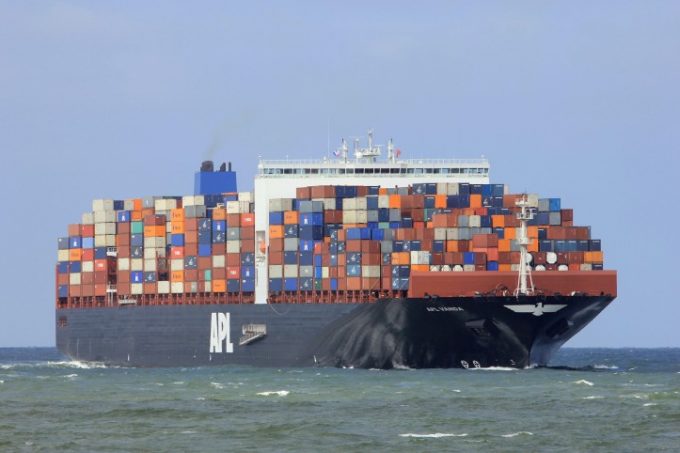Russian 'dark fleet' an ecological disaster threat, claim Baltic shipowners
Operating from a country with views of the port of St Petersburg, the Finnish Shipowners’ ...

The 13,892 teu APL Vanda was refloated from Bramble Bank in the early hours of yesterday after being deliberately grounded following a loss of power.
The vessel was on its way into the UK south coast port of Southampton on Saturday evening, when, said the Maritime and ...


Comment on this article